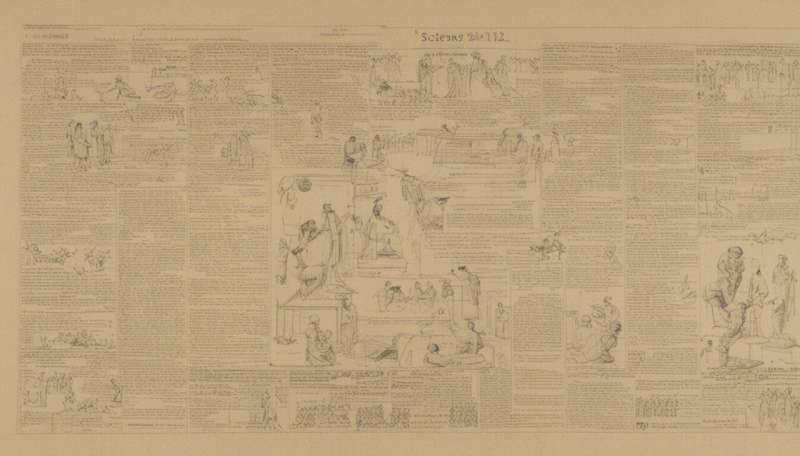Acupuncture may relieve dry mouth, study finds

Patients diagnosed with cancer of the head and neck are treated with radiation, which damages their salivary glands, and in turn causes xerostomia, what experts call dry mouth. New research from the United Kingdom suggests that this unpleasant symptom can be relieved through the use of acupuncture. The finding was presented in the journal Annals of Oncology.
On a global level, around 500,000 people are diagnosed with head and neck cancer each year. Researchers say up to 41 % of patients complain of dry mouth even 5 years after treatment. Not only does dry mouth affect the patient's quality of life, it also affects their taste, speech and sleep. While a number of short-term solutions, such as toothpastes and mouthwashes, provide some relief, doctors prescribe the drug pilocarpine, which also has unpleasant symptoms.
For this latest study, physicians at 7 cancer centres in the United Kingdom assessed 145 individuals who had radiation-induced dry mouth with a trial comparing acupuncture with education about oral care. The subjects either received group acupuncture for 20 minutes every week for 8 weeks or 2 oral care educational sessions for 1 hour, 1 month apart. The patients received the other treatment four weeks after the end of the first treatment.
The researchers used Schirmer strips, or paper strips, which measure how much saliva is in the mouth in order to measure the symptoms of xerostomia. The subjects also filled out a life questionnaire that gave the team information about how the patients' mouths felt. Questions were related to changes in individual symptoms, including sticky saliva, dry lips, needing to sip water and waking at night to sip water.
Despite the fact that the researchers found no key changes in the production of saliva, the subjects who received nine weeks of acupuncture were two times as likely to report improved dry mouth compared with patients who received oral care education.
'Time had an important effect on key symptoms, with patients receiving acupuncture showing a quick response, which was sustained over several weeks,' said co-author Dr Richard Simcock, a consultant clinical oncologist at the Sussex Cancer Centre. 'There was no clear relationship between a patient indicating they had a very dry mouth and the measurement of saliva on the Schirmer strips. By definition these patients with chronic xerostomia produced little or no saliva, making objective measurements really difficult. Many studies have focused on the objective measurement of how much saliva is produced, but the amount of saliva produced does not necessarily influence the experience of a dry mouth. Xerostomia is therefore an entirely subjective symptom - it is what the patient says it is, regardless of salivary measurement.'
The study members said the placebo effect did not likely improve the experience of xerostomia. 'The profound impact that xerostomia exerts on functions such as eating, talking and sleeping, which were relieved by the acupuncture means that if it is entirely a placebo effect then this is a pretty powerful placebo,' said Dr Valerie Jenkins, Deputy Director of Sussex Health Outcomes Research & Education in Cancer (SHORE-C) at Brighton & Sussex Medical School, University of Sussex.
More information: Simcock, R., et al., 'ARIX: a randomised trial of acupuncture v oral care sessions in patients with chronic xerostomia following treatment of head and neck cancer', Annals of Oncology, 2012.













